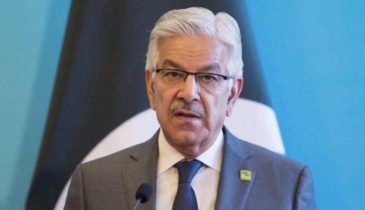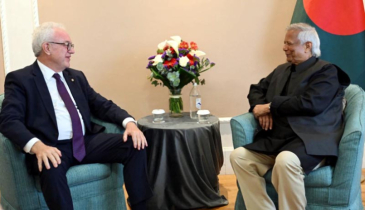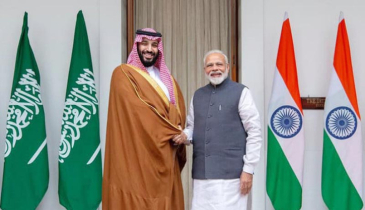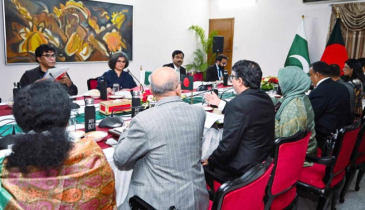India's supreme court rejects same-sex marriage legalization appeal
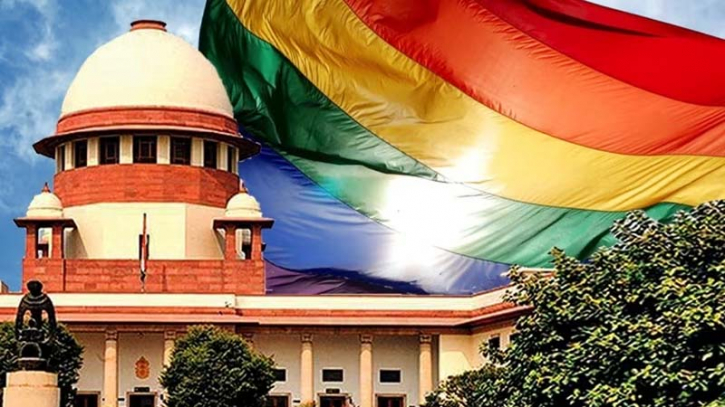
In a significant setback for LGBTQ rights in the world's most populous country, India's Supreme Court has dismissed an appeal seeking the legalization of same-sex marriages.
The ruling, announced by the top court on Tuesday, followed months of deliberation and arguments presented in April and May. Among the five justices, three concluded that the matter should be decided by the Indian parliament.
Chief Justice Dhananjaya Yeshwant Chandrachud, one of the justices in favor of deferring to the legislature, emphasized the principle that the judiciary, through its power of judicial review, should avoid intervening in matters, especially those related to policy, that fall within the legislative realm.
Instead of legalizing same-sex marriage, the court supported a government proposition to form a panel to explore granting specific rights and benefits to same-sex couples.
Chandrachud further asserted that the state should extend legal protections to same-sex unions, contending that withholding 'benefits and services' provided to heterosexual couples constitutes a violation of their fundamental rights.
He stated, 'Choosing a life partner is an integral part of choosing one’s course of life. Some may regard this as the most important decision of their life. This right goes to the root of the right to life and liberty under Article 21 of India’s constitution.'
In addition to advocating for legal protections, Chandrachud suggested that the government should take measures to combat discrimination against LGBTQ individuals. This includes establishing helplines and safe havens for those who are vulnerable, as well as discontinuing medical procedures aimed at altering gender identity or sexual orientation.
It's noteworthy that, in the South Asian region, only Taiwan and Nepal currently recognize same-sex unions, further highlighting the significance of this decision for LGBTQ rights in India.
.png)


